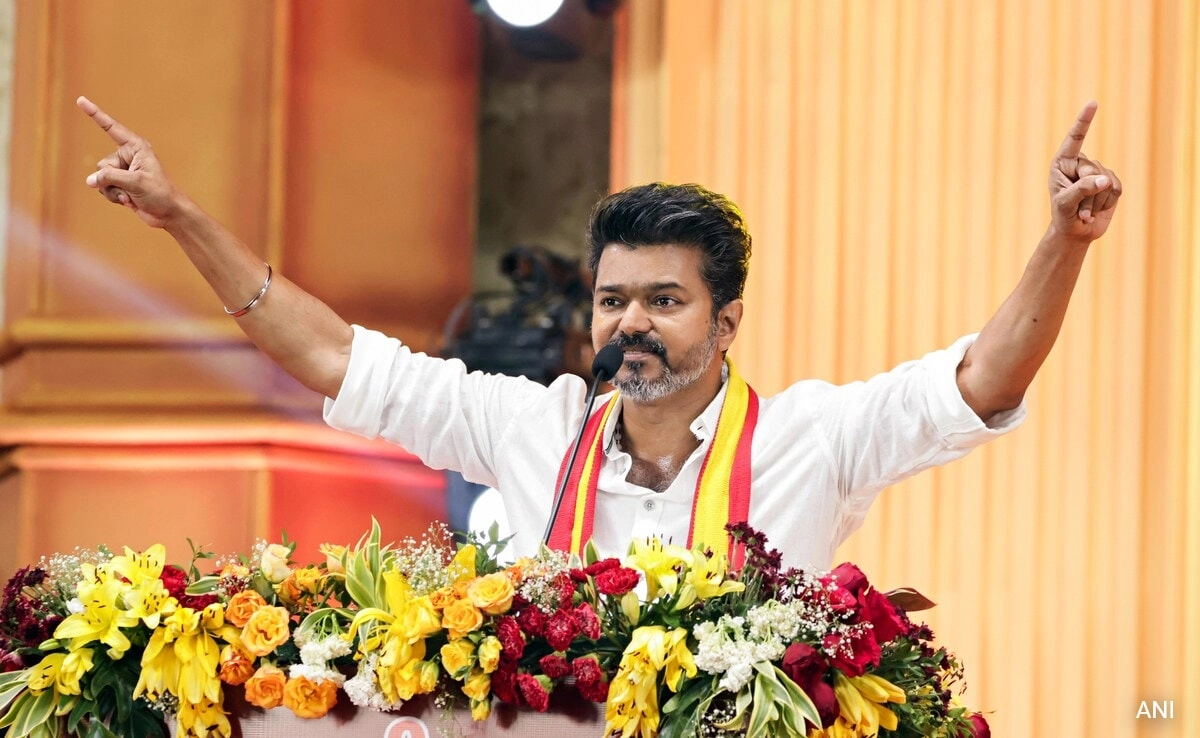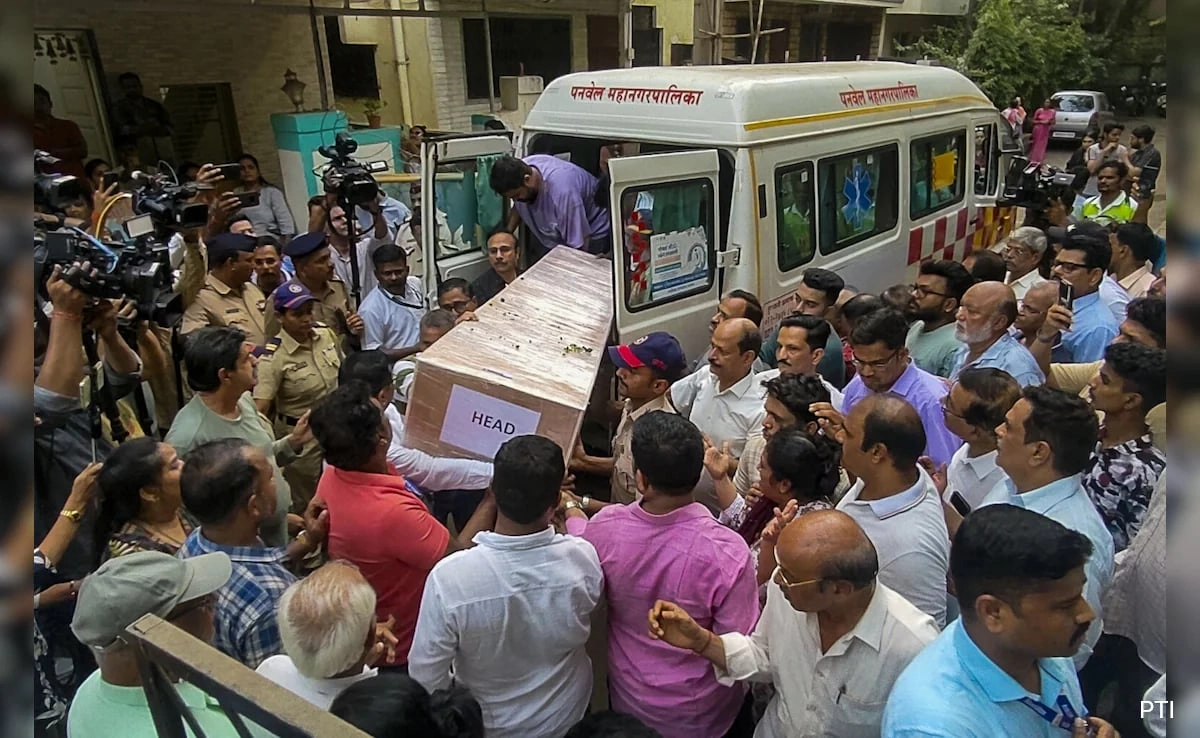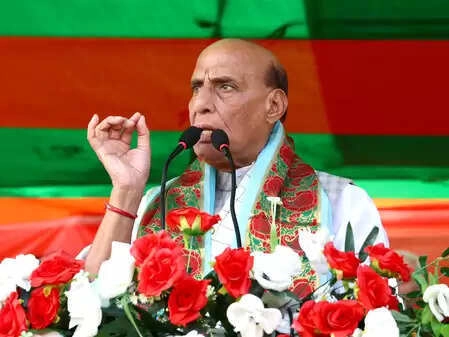In a significant political development, renowned actor Vijay has been announced as the official Chief Minister candidate for the Tamil Nadu polls by the Tamil Nadu Vanigar Sangam (TVK). This decision marks a pivotal moment in the state’s political landscape, as Vijay, who has a massive fan following and a strong influence in Tamil cinema, steps into the realm of politics. His entry into the political arena is expected to galvanize support from his fan base, which spans across diverse demographics, and could reshape voter dynamics in the upcoming elections.
Vijay, often referred to as ‘Ilayathalapathy’ by his fans, has long been associated with various social causes and has used his platform to address issues affecting the common people. His decision to enter politics is viewed by many as a natural progression given his popularity and the public’s desire for relatable leadership. TVK’s backing of Vijay indicates a strategic move to harness his celebrity status to attract younger voters and those disenchanted with traditional political figures. This could potentially create a significant shift in the political landscape of Tamil Nadu, a state known for its vibrant political culture and active engagement from its citizens.
As the election approaches, Vijay’s campaign is likely to focus on key issues such as education, employment, and social welfare, appealing to the aspirations of the youth and the marginalized. His celebrity status may also help in mobilizing resources and amplifying his message through various media channels. However, the challenge will be to convert his popularity into tangible political support, navigating the complexities of governance and public expectations. The upcoming Tamil Nadu polls will not only test Vijay’s political acumen but also signal a new era where the lines between cinema and politics continue to blur, reflecting a broader trend in Indian politics where film stars increasingly take on significant political roles.
In this evolving narrative, the implications of Vijay’s candidacy extend beyond mere electoral strategies; they highlight the changing face of governance in Tamil Nadu. The electorate may be drawn to his fresh perspective and perceived authenticity, which could resonate in a political climate that often grapples with issues of corruption and inefficiency. As the campaign unfolds, it will be crucial to observe how Vijay positions himself against established political parties and leaders, leveraging his cinematic legacy while addressing the pressing needs of the populace. With his immense following and a potential platform for change, Vijay’s foray into politics could redefine the expectations of leadership in Tamil Nadu and inspire a new generation of political engagement among the youth.




